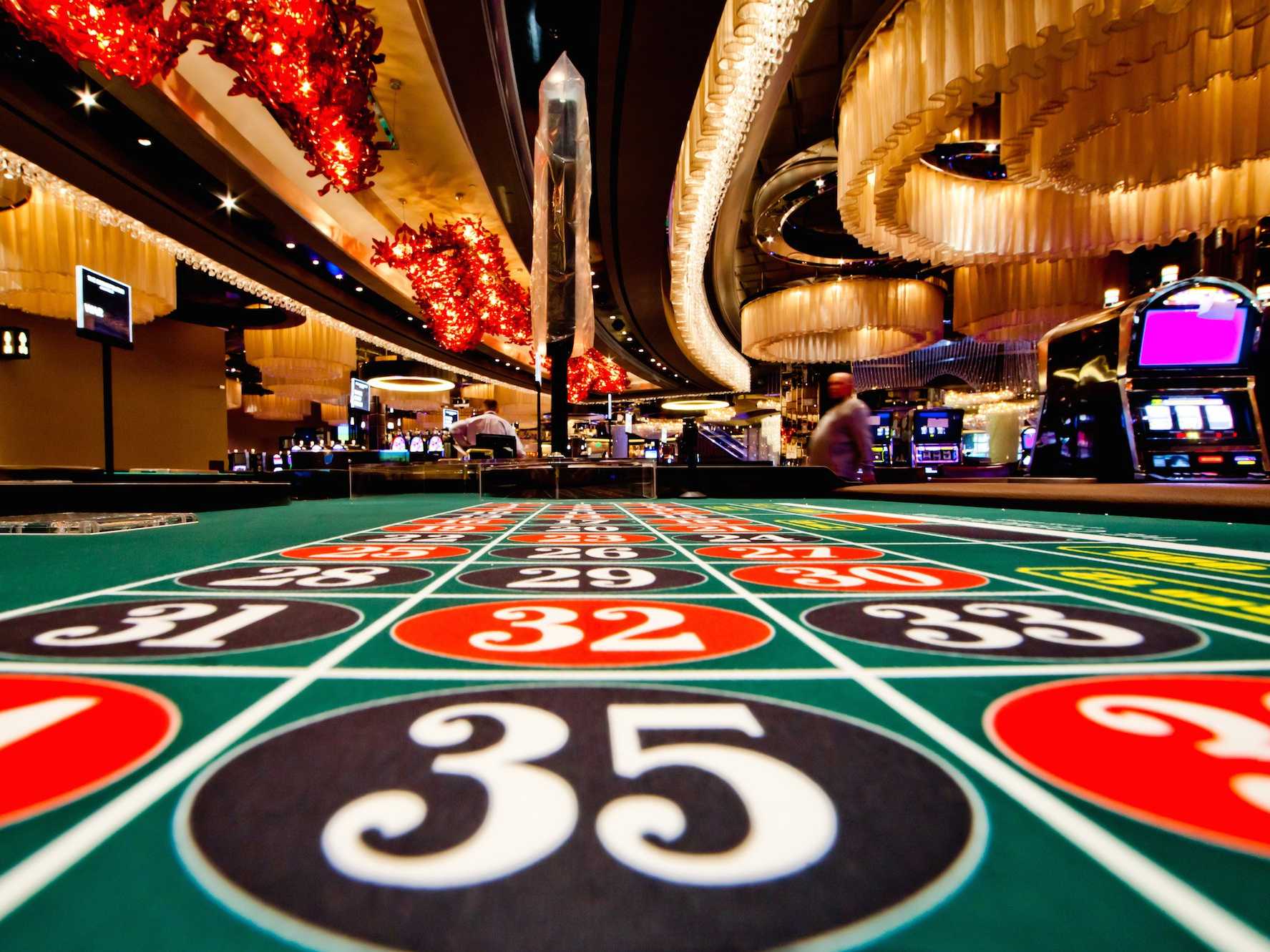
Betting has been an integral part of human entertainment for millions of years, developing through societies and periods to become the vibrant casino games we know today. From the historical Chinese and Romans, who participated in different forms of gambling and luck, to the advanced gaming floors of today’s casinos, the allure of gamble and winning has captivated individuals across the globe. The change from simple dice games and rudimentary betting setups to the opulent settings of modern casinos reflects considerable strides in both social norms and technological.
As cultures evolved, so too did the complexity of gambling activities, with casino games emerging as a separate category of leisure and excitement. These games have transformed from casual gatherings centered around wooden tables to grand, lavish establishments designed to lure players. Today, we delve into this fascinating journey, studying how traditional practices laid the groundwork for the varied and exciting casino games that bring pleasure to countless people worldwide.
spintax
Early Gambling Practices
Betting has significant roots in human history, with indications of activities of chance originating from ancient civilizations. Archaeologists have found that as far back as 3000 BC, the people of China were using primitive forms of betting with dice made from bones. Similarly, ancient Mesopotamians engaged in betting activities, often relying on the tossing of lots or dice to determine winners. These early forms of betting served not only as amusement but also played important roles in social and cultural customs.
The Egyptians also were involved in betting activities, with games that included betting on the outcomes of various events, including athletic events and spiritual festivals. Artifacts such as dice and depictions of gamblers from ancient tombs show that gambling was a popular pastime. It provided both entertainment and a means of engaging in social interaction, often linked to celebratory occasions or important gatherings. This behavior demonstrated the universal appeal of chance and competition throughout the ages.
In ancient Rome, wagering became a commonplace practice among the people, as shown in references in texts and the establishment of guidelines around certain games. Romans enjoyed a variety of gambling activities, from betting on horse races to playing games similar to modern-day board games. The legal structure surrounding these activities began to take shape, establishing the foundations for gambling regulations that would develop in the centuries to come. The fame of gambling during this period set the stage for the development of gambling house games in the future.
The Evolution of Casino Games
Casino games have undergone significant transformations from their beginnings to the contemporary entertainment options. In early civilizations, gaming was commonly linked to ceremonial practices, with games of dice found in Mesopotamia and wagering on the outcomes of events in ancient Rome. These initial forms of gambling laid the foundation for the structured games we see today. The shift from informal gambling to systematic games took place as societies began forming rules and venues for wagering, showing cultural values and practices.
The Middle Ages saw the emergence of card games, which gained popularity among European nobility. Games like the first and the game baccarat became essential components in social gatherings. casino not on GamStop The invention of printing technology also facilitated the spread of playing cards, making them more accessible to the general public. As gambling houses began to proliferate, these card games developed into different forms that appealed to wider audiences, eventually leading to the establishment of casinos as exclusive venues for gaming.
The 20th century marked a pivotal point in the progression of casino games, with the ascendancy of commercial casinos in Las Vegas and other gaming hubs. This era brought forth games like video slots and modern variations of table games, complete with high-quality graphics and complex betting structures. The arrival of online casinos in the late 1990s further revolutionized the gaming industry, allowing players to access a vast array of casino games from the convenience of their homes. Today, gambling games continue to evolve, blending time-honored elements with state-of-the-art technology to create immersive experiences for players around the globe.
Contemporary Gambling Regulations
In these years, the area of gambling regulations has developed considerably, especially as technology and internet-based gaming have become increasingly prevalent. Governments around the planet have implemented various regulations and guidelines to guarantee that gambling activities are performed equally, responsibly, and clearly. These laws often include aspects such as permits, marketing, player protection, and responsible gaming measures. Authorities aim to minimize problems such as gambling addiction and cheating while supporting a just gambling environment.
The rise of online gambling sites has created a need for a fresh approach to regulation. Many jurisdictions have set up dedicated online gambling frameworks that serve internet-based gambling, allowing operators to provide their services legally. These frameworks often demand operators to secure licenses, follow strict safety standards, and offer assistance options to help players. By closely monitoring internet activities, regulators can better protect players from potential harm and ensure that gaming is conducted in a secure manner.
Additionally, modern gaming regulations are increasingly centering around responsible gaming strategies. Many gaming establishments and online platforms now implement features such as self-exclusion, deposit limits, and breaks to help players control their gaming habits. Awareness campaigns aimed at raising awareness about the dangers of gambling are also common. As the industry continues to grow, the emphasis on sensible gambling remains a cornerstone of regulatory efforts, showing a commitment to encouraging a secure and enjoyable gambling experience for all players.
